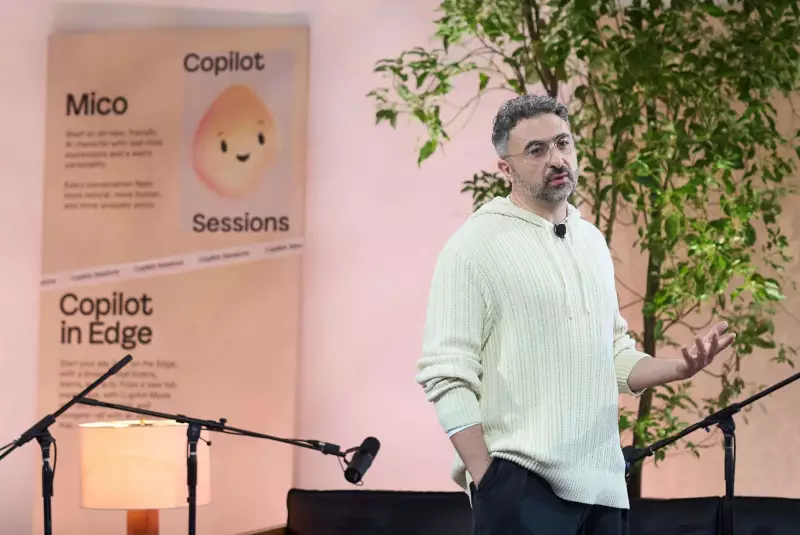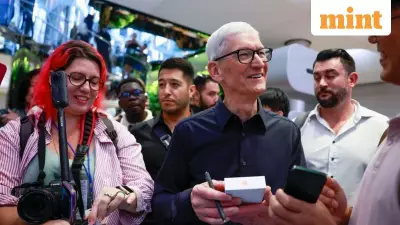
In a surprising revelation that highlights the growing divisions within the artificial intelligence industry, Microsoft's AI CEO Mustafa Suleyman has publicly expressed strong disagreement with OpenAI's Sam Altman regarding a specific AI service that both ChatGPT and Elon Musk's Grok currently offer.
The Controversial AI Service That's Raising Red Flags
The core of the disagreement centers around AI systems providing relationship advice and emotional support to users. While this feature has become increasingly popular among AI chatbots, Suleyman considers it potentially dangerous and ethically problematic.
"This is exactly the kind of application that worries me deeply," Suleyman stated during recent discussions about AI safety. "When AI systems begin offering personal advice about relationships and emotional matters, we're venturing into territory where these systems simply don't belong."
Why Relationship AI Poses Significant Risks
The Microsoft AI chief outlined several critical concerns about AI-powered relationship advisors:
- Lack of genuine emotional understanding - AI cannot truly comprehend human emotions or relationship dynamics
- Potential for harmful advice - Without proper context and human judgment, AI suggestions could damage relationships
- Privacy concerns - Users sharing intimate details about their personal lives with AI systems
- Replacement of human connection - Risk of people turning to AI instead of qualified human counselors
Sam Altman's Differing Perspective
Meanwhile, OpenAI's Sam Altman has maintained a more permissive stance toward AI relationship services. Under his leadership, ChatGPT continues to offer emotional support and relationship guidance, viewing it as a valuable feature that users clearly want and benefit from.
Elon Musk's Grok has followed a similar path, positioning itself as a more personality-driven AI that can engage in personal conversations, including relationship topics.
The Broader Implications for AI Development
This disagreement represents a fundamental split in how major AI companies approach the boundaries of artificial intelligence applications. While some see AI as capable of handling increasingly personal human interactions, others advocate for stricter limitations on what tasks AI should perform.
"We need to draw clear lines about what AI should and shouldn't do," Suleyman emphasized. "Relationship advice falls squarely into the category of tasks that require human empathy, experience, and ethical judgment that AI simply cannot replicate."
What This Means for AI Users and Developers
As the debate continues, users of AI services like ChatGPT and Grok should remain aware of the limitations of AI relationship advice. While these systems can provide general information, they lack the nuanced understanding that human counselors and therapists bring to sensitive personal matters.
The industry division also signals that we can expect more public disagreements among AI leaders as the technology becomes more integrated into personal aspects of our lives, forcing important conversations about ethics, safety, and appropriate use cases.





